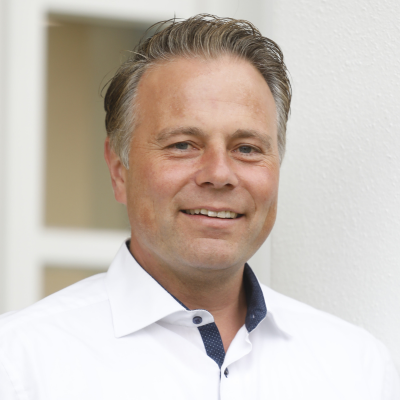SESSION 1: Machine Vision Systems, Data Fusion and AI Applied to Robotics for Row Crops Production
Gaurav Bansal
Gaurav Bansal is Senior Director of Engineering at Blue River Technology (a John Deere Company) where he leads engineering for autonomy products at Blue River which includes John Deere’s autonomous tractor. Gaurav started his career in the automotive industry where he worked on technical building blocks for autonomous driving. Gaurav was Principal Researcher at Toyota InfoTechnology Center where he led several initiatives in perception, mapping and connectivity, extensively using deep learning, sensor fusion, vehicular communications and positioning techniques in his work. Gaurav represented Toyota in the Automakers’ Vehicle Safety Communication Consortium and in the SAE, ETSI standardization bodies. Prior to Blue River, Gaurav was Principal Deep Learning Engineer at the Airbus A^3 Labs where he worked on creating autonomous flight and machine learning solutions to enable self-piloted aircraft operations.
Gaurav holds more than 50 patents in automated driving, co-author of around 100 publications and a book on vehicular communications. He has received numerous awards including an early career award from IEEE Vehicular Technology and served on editorial boards of IEEE Vehicular Technology Magazine and IEEE Connected Vehicles Initiative. He earned a bachelor’s degree in electrical engineering from Indian Institute of Technology, a Ph.D. degree in electrical and computer engineering from The University of British Columbia and an Artificial Intelligence Graduate Certificate from Stanford University.
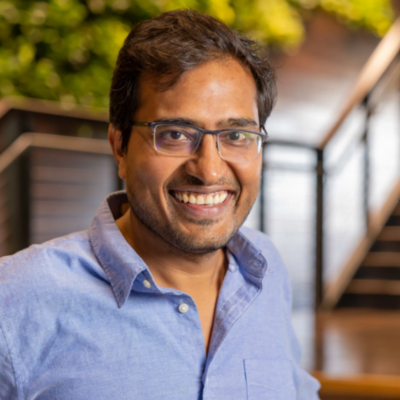
Dr. Ajay Sharda
Dr. Ajay Sharda is an Associate Professor in the Department of Biological and Agricultural Engineering at Kansas State University. He received his Ph.D. in Biosystems Engineering from Auburn University. At K-State, Ajay's research focuses on the development, analysis, and experimental validation of control systems for agricultural machinery systems with a variety of emphases, including automation, sensor testing/development, mechatronic systems, computer vision, artificial intelligence, developing automated test setups for hardware-in-the-loop simulations, unmanned vehicles and thermal infrared imaging. He also serves as Director-Research at K-State's Institute for Digital Agriculture and Advanced Analytics, a people-centered interdisciplinary collective transforming learning, research, and outreach around digital technologies and advanced analytical methods to enhance agricultural, environmental, and socioeconomic decision-making.
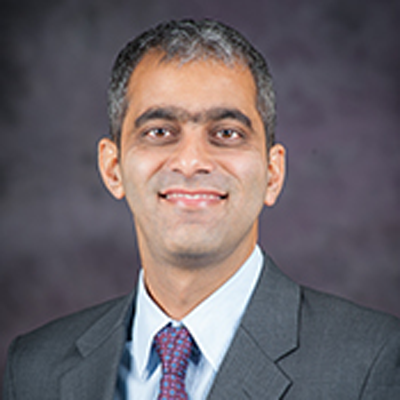
Craig Rupp
Craig started his career in 1988 as a hardware engineer at Motorola, designing and developing the first GSM and Iridium mobile stations and John Deere in 2002, developing the Starfire receiver and Greenstar display. In 2002, Craig founded ATG, providing RF manufacturing software. Acquired by National Instruments in 2005, he became a Chief Measurement Architect, developing AM, FM, RDS, Bluetooth, GSM, EDGE, CDMA2k, EVDO, WCDMA, and LTE solutions. In 2008, Craig founded Rough Riders Communications, headquartered in Leedey, OK. He architected, designed, and built a portable satellite-based data system deployed in the Anadarko Basin drilling sites throughout the Oklahoma and Texas panhandle.
In 2012, Craig founded 640 Labs, envisioning a simple iPad as a data collection and monitoring device for agriculture. Acquired by Monsanto in 2014, he made his FieldView Drive one of the most ubiquitous and low-cost data collection devices in agriculture. In 2018, Craig founded Sabanto, a company that provides autonomous solutions for agriculture. He was the first to autonomously plant a farmer’s field in Iowa, Nebraska, Minnesota, Illinois, Missouri, Texas, and Indiana. Raised on a farm in Iowa, he earned his BSEE at Iowa State in 1988 and MSEE from Illinois Tech in 1990. He currently has 14 patents.
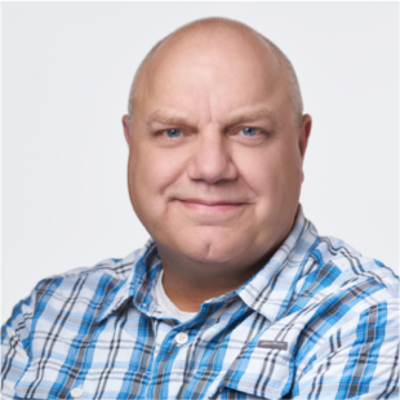
SESSION 2: PANEL DISCUSSION
Evolving Nexus of Academia, Industry, and Government to Advance and Realize the Benefits of Robotics in Crop Production
Moderator: Dr. Alex Thomasson
Dr. Alex Thomasson is Professor, Department Head, and the Berry Endowed Chair in Agricultural and Biological Engineering at Mississippi State University (MSU). He also serves as the Founding Director of MSU’s Agricultural Autonomy Institute, formed in 2023 to focus on autonomous machinery systems for agricultural production. Dr. Thomasson is a registered professional engineer and previously held faculty positions at Texas A&M University (TAMU) and MSU, after starting his career as a research engineer with USDA-ARS. He currently serves as adjunct professor at both TAMU and University of Southern Queensland (Australia). He earned his Ph.D. at University of Kentucky, his M.S. at Louisiana State University, and his B.S. at Texas Tech University, all in agricultural engineering. His expertise includes agricultural ground-based robots and unmanned aerial vehicles, precision agriculture, high-throughput phenotyping, remote and proximal sensing, and optoelectronic sensor development. He has authored or co-authored over 100 refereed journal articles and four book chapters and holds a patent in sensors for determining crop yield. Dr. Thomasson is a Fellow of ASABE (American Society of Agricultural and Biological Engineers) and is current President of CAST (Council for Agricultural Science and Technology). He also serves on a working group of FCC’s Precision-Agriculture Connectivity Task Force. Dr. Thomasson also belongs to ISPA (International Society for Precision Agriculture), SPIE (Society for Optics and Photonics), AUVSI (Association for Unmanned Vehicle Systems International), ASEE (American Society of Engineering Education), AAAS (American Association for the Advancement of Science), and Sigma Xi (The Scientific Research Honor Society).
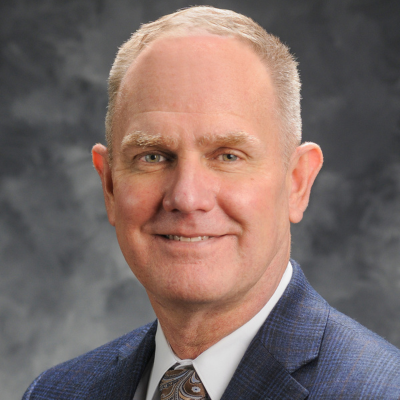
Dr. Edward Barnes
Dr. Barnes is Senior Director of Agricultural and Environmental Research at Cotton Incorporated where for the last twenty-one years he has managed agricultural engineering related projects, including programs on: precision farming, ginning, irrigation management, conservation tillage, and cotton harvest systems. He has also served as a team member in documenting cotton’s progress in reducing its environmental footprint while at the same time increasing productivity and currently serves on the Science Advisory Council of Field to Market, The Alliance for Sustainable Agriculture. Most recently he has been leading efforts to increase the automation of cotton production systems. Prior to Cotton Incorporated Dr. Barnes spent seven years conducting research on crop water management with remotely sensed data for the USDA-Agricultural Research Service at the U.S. Water Conservation Laboratory in Phoenix, Arizona. He is a Fellow of the American Society of Biological and Agricultural Engineers (ASABE) and currently serves on their Board of Trustees. He received his BS and MS in Biological and Agricultural Engineering from NC State University and PhD in Biosystems Engineering from Oklahoma State University.
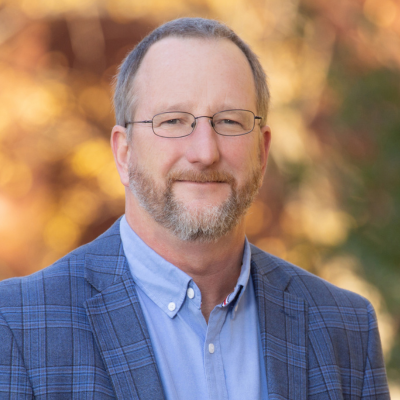
Mariah Scott
Mariah Scott is CEO of Rantizo, the largest spray drone operator network in the U.S., serving growers and ag retailers with accessible and cost-effective precision spraying services. Rantizo provides operators with the equipment, training, insurance, software, and expertise they need to fly more and deliver better service.
Mariah has extensive experience growing businesses in enterprise software and drones. Most recently, as President of Verizon Robotics, she delivered aerial and ground robotics solutions in the U.S. and Europe. She was appointed to the FAA’s Drone Advisory Committee, has testified to Congress on national airspace policy, and has spoken widely on drones, robotics, and innovation.
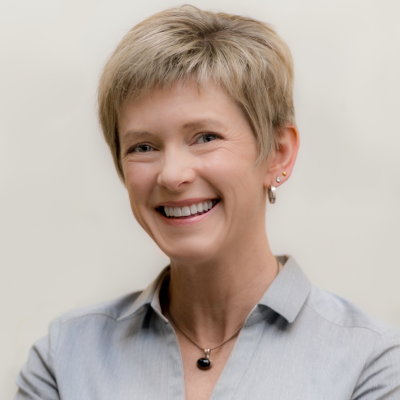
Dr. Scott Shearer
Scott Shearer received his Ph.D. in agricultural engineering from The Ohio State University (OSU) in 1986. Currently, he serves as Professor and Chair of Food, Agricultural and Biological Engineering at OSU. Highlights of his research career include development of methodologies and controls for metering and spatial applying crop production inputs, modeling of agricultural field machinery systems, autonomous multi-vehicle field production systems and strategies for deployment of UAVs in agriculture. He has lead research supported by over $15M in grants, authored more than 200 technical publications, and has made numerous invited presentations at international conferences, professional meetings and farmer forums. Dr. Shearer is a Fellow of the American Society of Agricultural and Biological Engineers.
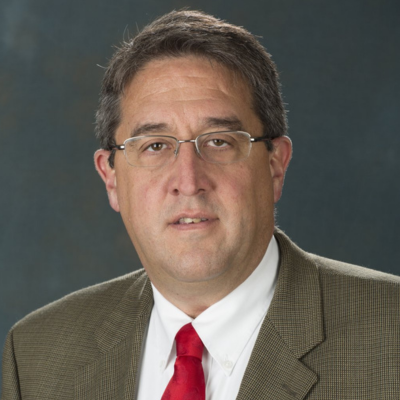
SESSION 3. Advances in Automation, Sensing, Design, and Deployment of Robots for Fruits and Vegetable Production
Dr. Manoj Karkee
Dr. Manoj Karkee is a Professor and Director at the Center for Precision and Automated Agricultural Systems (CPAAS) and the Biological Systems Engineering Department at Washington State University (WSU). He received his PhD in Agricultural Engineering and Human Computer Interaction from Iowa State University. Dr. Karkee leads a strong research program in the area of sensing, machine vision and #AgRobotics (https://labs.wsu.edu/karkee-ag-robotics/). He has published widely in such journals as ‘Computers in Industry’, ‘Journal of Field Robotics’, ‘Computers and Electronics in Agriculture’, and ‘Transactions of the American Society of Agricultural and Biological Engineers (ASABE)’, and has been an invited speaker at numerous national and international conferences and universities. Dr. Karkee is currently serving or has served as an Editor-in-Chief for ‘Computers and Electronics in Agriculture’, associate editor of ‘Journal of the ASABE’, as a guest editor for ‘Journal of Field Robotics’, and as an elected chair for CIGR (International Commission of Agricultural and Biosystems Engineering) Section III - Plant Production, and IFAC (International Federation of Automatic Control) Technical Committee 8.1 - Control in Agriculture. Dr. Karkee was awarded ‘2020 Railbird Engineering Concept of the Year’ by ASABE, and was recognized as ‘2019 Pioneer in Artificial Intelligence and IoT’ by Connected World magazine.
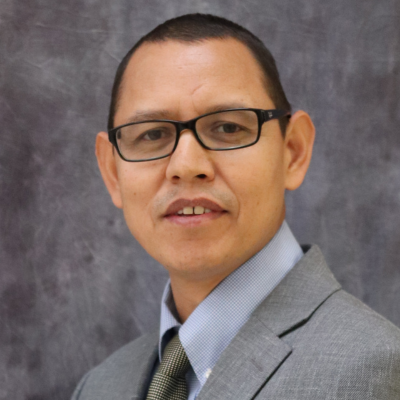
Dr. Yiannis Ampatzidis
Dr. Yiannis Ampatzidis is an associate professor in the Agricultural and Biological Engineering Department of the University of Florida (UF). He leads the Precision Agriculture Engineering program at the Southwest Florida Research and Education Center (SWFREC). His current research focus is on smart and digital agriculture, artificial intelligence (AI), UAVs, machine vision for plant stress and disease detection, mechatronics, automation, robotics, precision agriculture and machine systems with a special interest in development, implementation, and evaluation of agricultural machines and control systems for high-value crops.
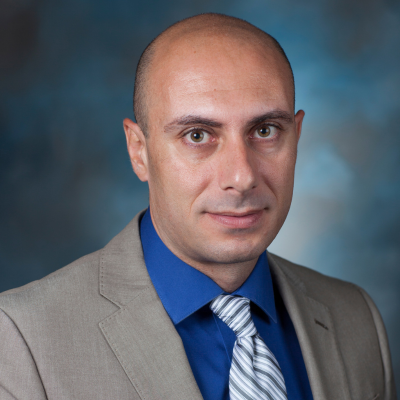
Spyros Fountas
Spyros Fountas is Professor in Agricultural Engineering at Agricultural University of Athens and Editor-in-Chief in the Elsevier journal Smart Agricultural Technology, while he was Editor-in-Chief in the Elsevier journal of Computers and Electronics in Agriculture from 2014-2021. He holds a BSc in Agricultural Sciences from Greece in 1993, an MSc from Cranfield University, at Silsoe College UK in Management Information Systems in 1998, and PhD from Copenhagen University, Denmark in Systems Analysis on Precision Agriculture in 2004. He was also Visiting Scholar at Purdue University, USA. He has been Keynote speaker in several conferences among others in the FIRA Conference on Agricultural Robotics in France 2021; International Horticultural Congress in Turkey in 2018, 17th European Weed Research Society (EWRS), in France in June 2015; European Conference on Precision Agriculture (ECPA) in Spain in 2013. He has coordinated 7 H2020 and Horizon Europe projects, Smart-AKIS, GATES, OPTIMA, BEATLES, ICAERUS, Oper-8, SmartDroplets, while he has participated in several other European, national and industry based projects. He has more than 250 papers, including book chapters, journal papers and conference papers and 7800 citations (Google scholar, January 2024).
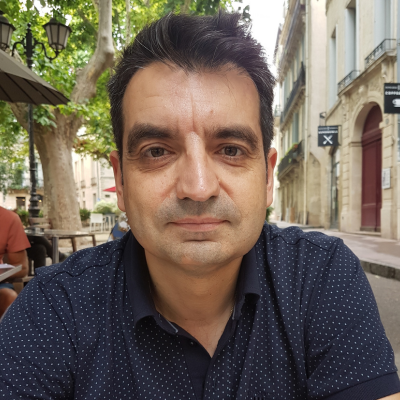
SESSION 4. Human-Robot Interactions, Stakeholder Engagement and Adoption, Economics of Robot-Aided Agriculture
Dr. Yael Salzer
Dr. Yael Salzer is head of the Human and Animal Factors Engineering Laboratory (H.A.F.E.L) at the Institute of Agricultural Engineering, Agricultural Research Organization - Volcani Center. Her research is dedicated to addressing the challenges humans encounter in the increasingly complex technological landscape of agricultural work environments. Additionally, she promotes the development of means and methodologies to assess and enhance farm animal welfare. Dr. Salzer holds a B.Sc. in Electronic Engineering from Tel-Aviv University, an M.Sc. in Human Factors Engineering, and a Ph.D. in Cognitive Neuropsychology from Ben-Gurion University of the Negev. Following her studies, she held a post-doctorate position at the Faculty of Social and Behavioral Sciences, University of Amsterdam.
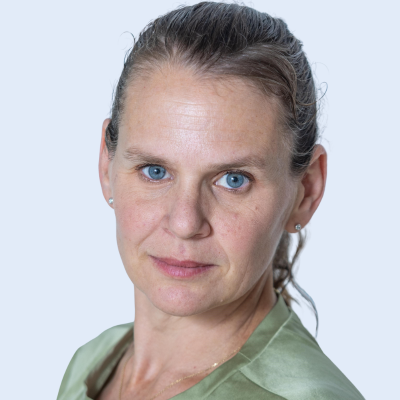
Dr. David Rose
Professor David Rose will shortly take up a role as Elizabeth Creak Chair of Sustainable Agri-Food Systems at Harper Adams University in the UK. He is a Rural Geographer who has published over 75 research papers relating to agricultural technology adoption, behaviour change, responsible innovation, and evidence-based decision-making. In recent years, he has been interested in how to include farming and non-farming stakeholders in sustainable and just farming transitions. Some of this work has focused on responsible innovation, particularly substantive stakeholder inclusion, in the context of autonomous agri-robotics. He will speak on this subject at the Symposium. His work on the responsible innovation of agri-robotics has led to a publication in Nature Food, a background paper for the FAO’s State of Agriculture report on automation, and a co-authored White Paper on skills needs to advance UK agri-robotics. He is an Editor at the Journal of Agricultural Education and Extension and a recent Fulbright All-Disciplines Scholar, spending three months at Cornell University.
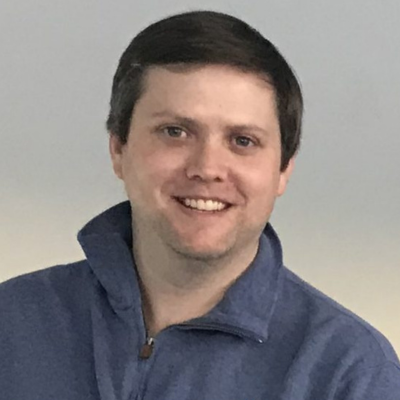
Markus Gandorfer
Since June 2017 Markus Gandorfer is leading the Digital Farming Group at the Bavarian State Research Center for Agriculture. His research focuses on the socio-economic evaluation of digital and autonomous technologies in agriculture. Markus Gandorfer holds a degree in horticultural sciences (Technical University of Munich - TUM). His doctoral research addressed the economic and environmental evaluation of precision farming technologies. He received his habilitation, also at TUM, in agricultural economics.
